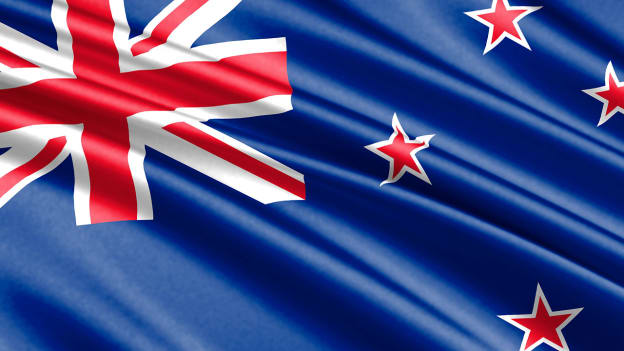New Zealand to reopen borders to mitigate labour shortage

New Zealand Prime Minister Jacinda Ardern is planning to reopen the country’s borders this week amid pressures from businesses and public sectors crumbling because of labour shortage. Fear of inflation also seems to be one of the reasons as annual inflation rose to a record 3.3% in the second quarter, much higher than central bank predictions. Ardern received approbation from all quarters of the globe because of her strict actions to contain local transmission of COVID-19 via an elimination strategy, imposing tough lockdowns and slamming New Zealand's international border shut in March 2020. She will also announce her government's six-month plan for public health and border control. She said, "Any changes to border settings will be carefully considered in phases, based on risks," "We have come too far and gained too many freedoms to rush at this next step and go backwards." However, these methods are now creating an economic strain.
NZ’s reliability on the immigrant workforce is forming a situation of higher costs and lower output. Acute staff shortages were being reported from the dairy, horticulture, housing, services, health and broader public sector. All these sectors collectively called the government to reopen the borders.
Recently, around 1,500 hospital midwives left their jobs, as they were overworked due to "critical shortages". More than 30,000 nurses will be on strike later this month for the second time since June, asking for better pay and working conditions amid the staff shortages.
Glenda Alexander, New Zealand Nurses Organisation industrial services manager said that staffing demands are met by internationally qualified nurses but the border shutdown has led to a critical shortage situation. Excess workload and low emoluments are some of the reasons that nurses are not coming for jobs. Instances of emotional burnout and bad medical health are also a common sight among nurses. Some nurses even fear that they could make mistakes that could affect their patients.
The hospitality sector stopped 2,000 eateries services and turned off lights last month as part of a two-month campaign to bring the government's attention to the severe shortages of chefs and other skilled labour.
Resumption of labour imports is also one of the demands raised by the businesses. Economists were of the opinion that the Reserve Bank of New Zealand (RBNZ) will tighten monetary policy next week to avoid overheating the economy. Increasing cases of Delta coronavirus variant in neighbouring Australia and the world will be one of the biggest concerns for Ardern as experts hinted at the possibility of the arrival of Delta into New Zealand. It would result in longer lockdowns, particularly given only 21% of the country has been fully inoculated.
















